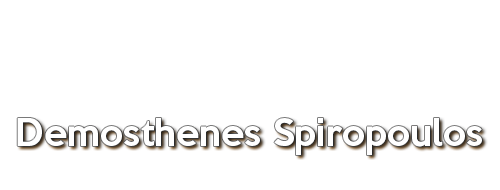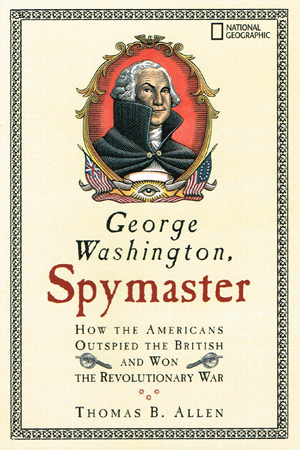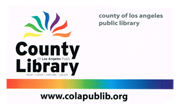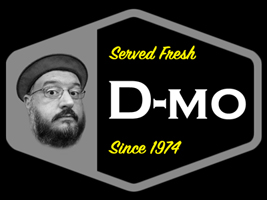


| 
|
 |
You take a little history, add some espionage, throw in a dash of period-appropriate typeface, and you get this fun little tome.  George Washington, Spymaster
George Washington, Spymasterby Thomas B. Allen How I came upon this book This summer, we did a massive east coast road trip and traveled to many National Historical Sites like Saratoga, Valley Forge, Philadelphia, and Washington, DC. In the book section of their gift shops, I saw an increased amount of books dealing with spies and espionage during the Revolution. Finally, at George Washington's Mount Vernon, I decided to get this book. The gist of it The book presents a combination of the personal history of George Washington along with a general overview of the American Revolution. However, the focal narrative over the whole book highlights the spy efforts conducted by George Washington himself to win the war. There are many fascinating tidbits and details, including spy rings, counterspies, moles, codes, undercover operatives, and a famous traitor. The book adds more to the history of the war with information that you probably weren't aware of. Facing the greatest army in the world, George Washington had to get sneaky and did a pretty darn good job of it. Because, you know, he won. My thoughts While I was not expecting a John Le Carre thriller, I was also not expecting a book that is actually geared more towards younger readers. Not that I mind as YA books are really coming into their own as a force in the literary world, and it made for a brisk read. The book itself is presented in a size, and with a typeface, that evokes the feeling of leaflets and pamphlets of the late 1700's. It definitely adds a touch of drama to the book. The presentation of information is easily consumable and makes learning about this period very approachable. It's actually loaded with dates, facts, and historical information, but it's very breezy so it doesn't bog you down. I would not mind or be surprised if this ended up on the curriculum of some schools. There has definitely been newfound interest in the role espionage played in the Revolution, with a surprising amount of new information now being learned. This is why you are seeing these types of books pop up more. Spymaster was originally released in 2004, and references a manuscript that was donated to the Library of Congress only as recently as 2000 (and goes on to show that the famous spy Nathan Hale was actually kind of a idiot, but I digress). That's why this book feels fresh. It actually is. And bonus, it has what I think is a cool feature: at the end of the book, the author has put in the entire Culper Ring codebook and key, so now you can write to your buddies in authentic spy code (of course, they'd need a copy of the book or else it'll just be gibberish). If you pay close attention, the author has also put some coded messages in the margins to test your code-breaking skills. The verdict In the spirit of full disclosure, I graduated with a history degree from college, and my favorite period of American History is the late 18th century. So while I may be predisposed to liking any book about that era, I may also hold it to a higher standard. Additionally, this book was very personal for me. It's not all that often where I can read a history book and place myself in their shoes with actual first-hand experience. Within the last two years, I have physically been to and seen the places mentioned in the book. Spymaster talks about how George Washington's career really started at Fort Necessity (it's role in world history is vastly underrated). I actually went to that corner of southwest Pennsylvania last year. The book talks about the American victories at the battles at Saratoga and Bennington; I went to both of these places this year. Valley Forge? I was just there. Hell, I even crossed the Delaware River at Trenton (though on a bridge). I went to these places, for the reasons that are listed in the book, and I loved every minute of it. Reading about it from a spy-perspective, after the fact, just made it that much more satisfying. With all that said, should YOU read this book? Yes. While I may be biased, learning that the Colonists had to be more devious and deceptive and cunning than commonly known is very exciting and inspirational, and absolutely adds some extra spice to the story of our nation's birth. One a scale of 1-4 Library Cards, George Washington, Spymaster gets:    Bonus AMC recently completed four seasons (I didn't realize it was on that long) of a series called, Turn: Washington's Spies. It wasn't based on this book, but another book that came out two years later titled, Washington's Spies: The Story of America's First Spy Ring written by Alexander Rose. So if this book interests you, you should check out the series as well. While I haven't seen it yet, I hear it's quite good. |
  Thanks for visiting. Love, Demosthenes Spiropoulos |